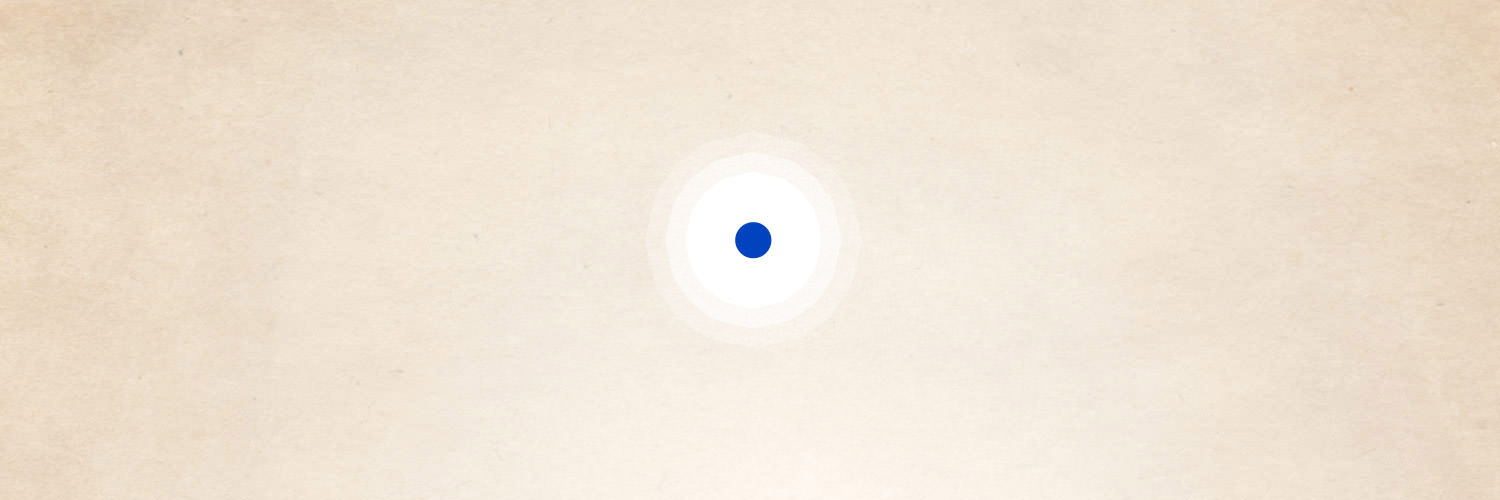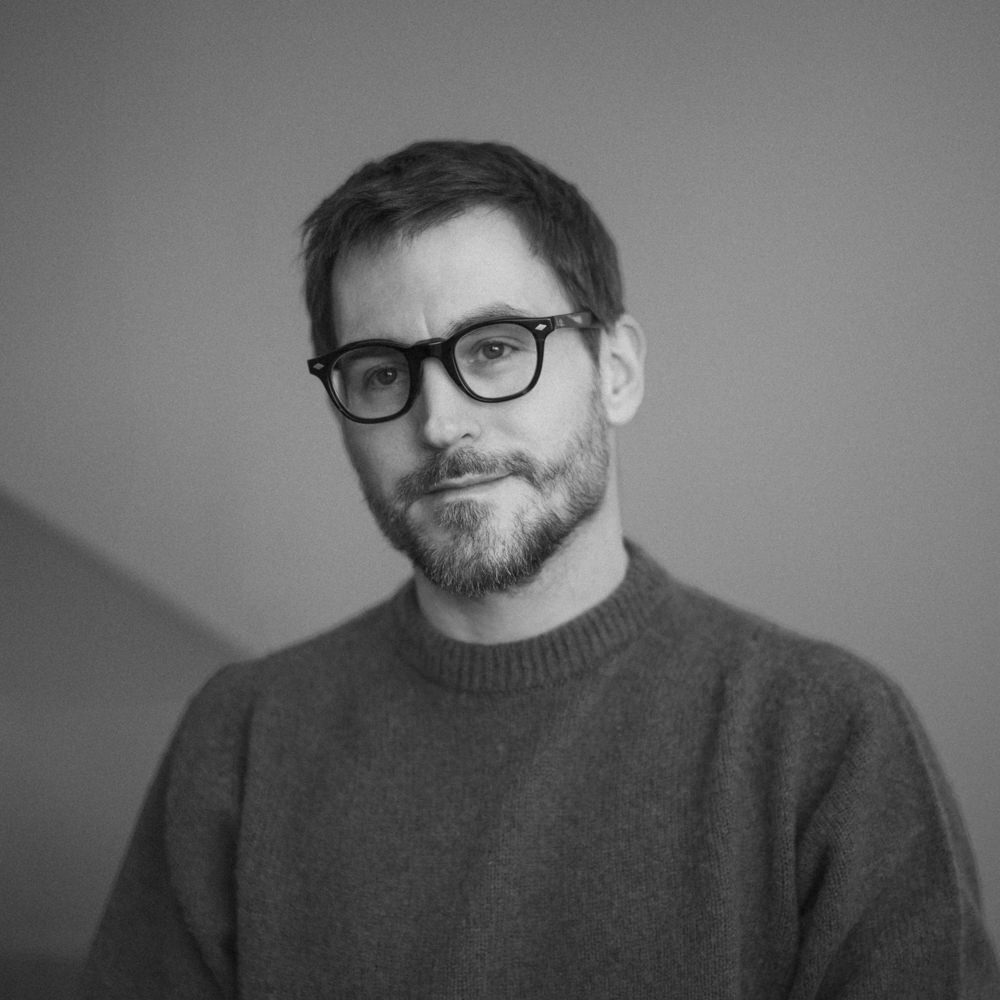
The Nourishing Wake
Returning from Tokyo after the quake
A music video about America plays on the monitors hanging above immigration. I finally sigh — I had been holding my breath for a week — as I pass under the screens and hand my passport to the immigration officer. He glances, stamps, and sends me through.
Ten hours earlier, a quarter of a world away, I was sitting in Ebisu having beers, eating udon and tempura and discussing a Japanese friend’s upcoming book of poetry. It was exceedingly normal — the situation (not the poetry). Particularly normal relative to the chaotic light under which foreign media had been portraying Tokyo. Folks around us chatted. Nobody talked about the nuclear power plant. It certainly didn’t feel like a panicked city.
Now, standing in the airport, waiting for my bags in front of the conveyer belt, that all felt unsettlingly distant. A man next to me coughs without covering his mouth and I laugh to myself. This, this is my worry now. The coughing man.
Finally, my bags arrive. I grab them and walk to customs. The tiny guard makes a special mark on my form and I am sent to be inspected. My inspectress is a young latin woman, late twenties perhaps. Chatty, chubby, quintessentially American. Unprovoked, she remarks that this is her favorite arriving flight — JL002 — because the Japanese are just so darned polite and orderly.
I ask, joking, though I don’t know why, “What do you think tipped ‘em off about me?” nodding to the customs guard. She smiles and says, “Well, I’m not allowed to say.” And then, whispering, “But it was probably the backpack.”
Suddenly, as if by cue, she straightens up, puts on her serious face and asks, “Do you wish to change your declaration, Sir? Is there anything in your bags you wish me to know about now before I open them?”
Yes, I want to tell her. Yes, I change my declaration. I brought everything with me. Everything. I flew to the plants and scooped up all the waste. It’s in the back pocket. In the TSA regulation one quart ziplock plastic baggie. I pulled all of the poison out of the air — I drew it deep into my lungs and exhaled into my socks. My socks are full of the radiation, don’t touch the socks. I pulled the tsunami back. I drew the inland water back into the ocean. I pulled it over the rice paddies, unflattening them; the trees, straightening them — a billion billion leaves fluttering back into position. I drew the water back, back, back. It was easy because it was what I had to do, I tell her looking her straight in the eyes. Perhaps you don’t understand, but I had to. As the water washed backwards over the towns, homes were placed firmly onto the soil. The elderly were swept the opposite of away, they were swept into. Into their lives: onto tatami, sipping tea, listening to the radio, getting their hair done, strolling in the beautiful early spring light, thinking about their grandchildren who were going to visit in a week over the long holiday. Old buildings were suddenly rebuilt, emerging from the wake plank by plank. You should have seen it. It was fantastical. Busses full of people rushing to escape drove skillfully backwards into parking lots and everyone got out in a hurry to return to the mundane. The wake washed over their memories. They forgot the wall of water. They forgot the resignation of simply not being fast enough, or young enough (or old enough — the children) to escape. Other walls, those of the towns, of concrete and stone, grew from the wake of the reversed wave. A wake of pure nourishment and creation. Folks on high-ground cheered as they watched the wave place back their history. The wave washed over the power plants last, cooling them down. Putting the workers in their blue jump suits back into their chairs, in front of their buzzing and beeping consoles that surely every power plant must have. Consoles reading, “Reactors 1, 2, 3 and 4 — A OK!” in big roman letters. As panic rushed out, daydreams about after hours beers and mistresses and playing with their children over the weekend all flooded back. Back into the worker’s heads. Hundreds of kilometers away, I tell her, in Tokyo, residents returned in hordes. They came from Osaka and Kyoto, Nagoya, Fukuoka and Shizuoka. Foreigners flew back with their families from Australia and Italy. England. Hong Kong. China. From far away, looking through a telescope, I saw the microscopic faces of ex-pat French embassy workers subtly shift from mortal fear to resigned ennui. Japanese galloped backwards to shops and dramatically placed onigiri on the shelves. Loaves of bread were overflowing into the isles. Convenience stores were buying up bags of rice from every man, woman and child. The whole orchestration was quite the sight. An entire populace transformed into anti-thespians of recovery. Everyone sucking drama out of the city air. Exhaling normalcy. Houses shed their piles of batteries, their teepees of toilet paper, candles and flashlights. Millions were vacuumed from the streets up into their office buildings. Removing their silly white protective helmets. Hundreds of thousands crawled out from under their desks. File cabinets righted themselves. Blinds ceased smacking windows. Shards of broken glass flew up and landed as whole bottles atop desks. Swaying buildings came to a standstill. The tip of Tokyo Tower straightened itself. Back in the small villages, the violent rivers of crushing water were reduced to streams, trickles. And then to nothing as I pulled with all my might. Dragging that wave back deep, down into the blackness of the ocean. Past a whale. Schools of curious fish. Into the ocean floor. I followed it down. I chased that fucker into the ground. I bottled it up, it’s in my shampoo. Don’t touch the shampoo. I went deeper into the earth and I took the plates that were antsy and I let them move but I dampened their guttural yell. I soaked up their vibrations with my chest, the thick wool of my sweater ate up 9.0 worth of quake. I soaked it up but let the aftershocks through. They were OK. I knew they wouldn’t cause harm. All of the death and destruction. The fear. The ambiguity of the politicians and the power company. Those ridiculous helicopters. The anxiety over not hearing from loved ones. The scarred hearts, the lost photos and kimonos and crushing worry. I took it all, I grabbed it all. It’s right here in that bag. Sandwiched between my underwear. He was right. The inspector. He was right to mark my ticket. To single me out. This is the most dangerous bag here. But you can open it if you want. It doesn’t matter any more because it’s over.
She fumbles closing a zipper. “You’re good to go,” she says. “Thanks for the chat.”
Had I been talking to her? I couldn’t remember. Most of the past week came at best in fits and starts. I look down. My hands are shaking but the ground isn’t. It is a reversal I can live with.
Context — me and Japan:
I've lived the majority of my adult life in Tokyo and maintain a residence there. As of October 2010 I've been living and working full-time in California. When the quake hit on March 11th, I happened to be somewhere over the Pacific on a Haneda, Tokyo bound plane. They didn't announce the quake (why would they?). Nor did they announce it once we landed. I was heading to Tokyo to give a talk about publishing and startups, and pay my taxes (death or taxes!). It was a week long trip and I returned to California when it was complete. I wrote this the following afternoon upon returning.
